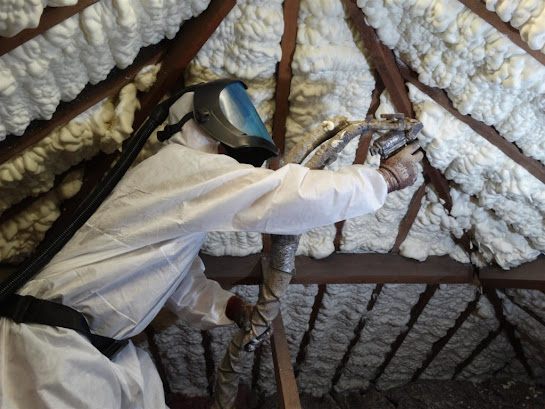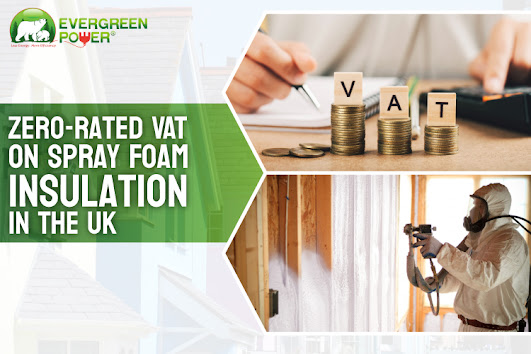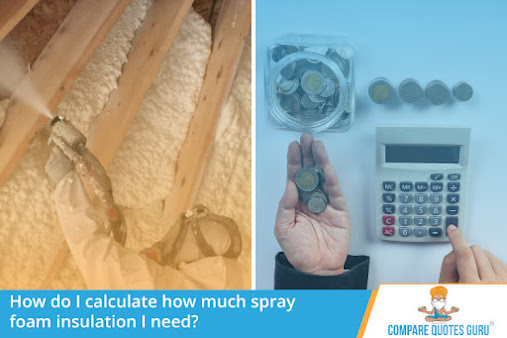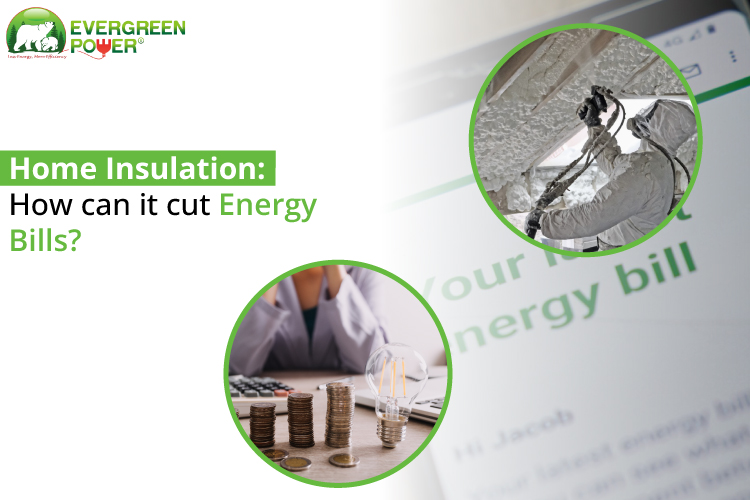The Future of Spray Foam Insulation in the UK: Aligning with Energy Conservation and Sustainability Goals
The UK's commitment to a greener future is evident in its various initiatives and policies aimed at reducing carbon emissions and promoting sustainable living. In this context, the role of home insulation, particularly spray foam insulation, cannot be understated. As we look ahead, it's clear that spray foam insulation, especially open cell spray foam, will play a pivotal role in shaping the UK's energy conservation and sustainability landscape. Let's explore the future predictions and trends in this domain. Predictions and Trends for the Coming Years 1. Increased Adoption of Spray Foam Insulation : As homeowners become more aware of the benefits of spray foam insulation, its adoption is expected to rise significantly. The superior insulating properties, combined with long-term cost savings, make it an attractive choice for both new builds and retrofits. 2. Technological Advancements : The insulation industry is ripe for innovation. We can expect to see advancemen...



